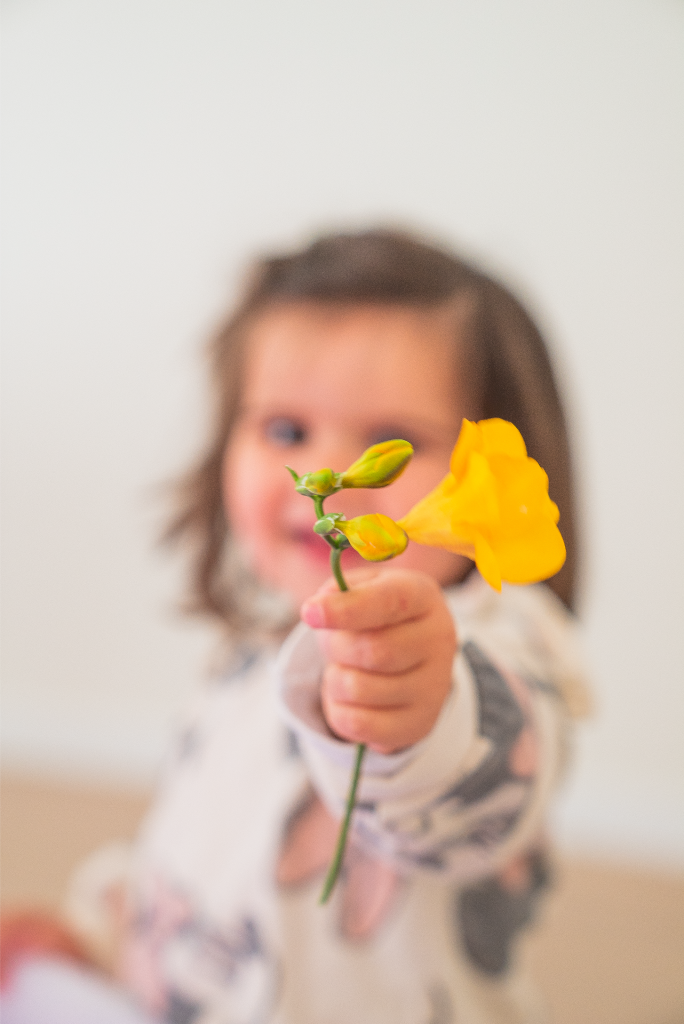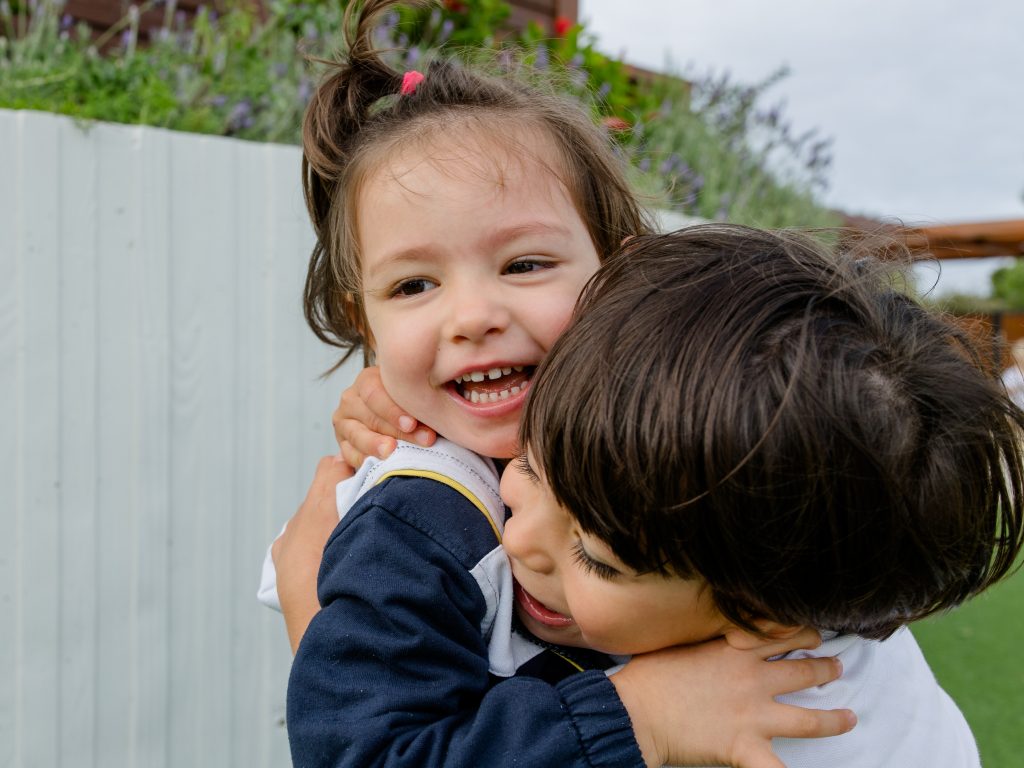The importance of community in children’s social and emotional development and well-being
This well-known African proverb — “It takes a village to raise a child” — remains as relevant today as ever.
It reminds us that a child’s healthy development depends not only on parental love, but also on the consistent, caring, and attentive presence of all adults around them: teachers, educators, grandparents, neighbors, and the wider community.
Childhood is a time of extraordinary plasticity. During these early years, the foundations are laid for:
- Personality development
- Emotional and social skills
- Learning capacity
- The biological bases for a healthy life
Caring for children’s mental health is therefore a vital and long-term investment. School, as a place of belonging, learning, and connection, plays a central role in this journey.
School must foster a sense of belonging, participation, and educational success. Safe, inclusive, and emotionally supportive school environments promote the holistic and healthy development of each child.
That is why children’s mental health must be seen as an integral part of the educational mission.
There is great value in raising children who are sensitive, attentive, and engaged with the world around them — children who are never indifferent. Children who grow with empathy, awareness, and an open heart.
That is one of the greatest legacies we can build together, as a community.
Secure Attachments: The Foundation of Development
A secure bond with caregivers — parents, grandparents, teachers, educators, or other trusted adults — is one of the most powerful protective factors in child development.
In school settings, teachers and educators often become the first significant adults outside the family with whom a child forms an emotional bond. These relationships are built daily through listening, empathy, consistency, and presence — and are essential for balanced growth.
When children feel seen, heard, and accepted, they gain the confidence to explore, make mistakes, learn, and grow. These bonds:
- Reinforce self-esteem
- Nurture a sense of belonging
- Stimulate curiosity and resilience
More than just physical spaces, schools are relationship spaces. And it is these safe, meaningful relationships that form the basis of mental health.
Children Don’t Need Perfect Parents — They Need Real Ones
There is often a misconception that adults must always know what to do and say in front of children, which can lead to pressure and stress.
But when children see adults as real people — with emotions, ups and downs, doubts, and mistakes — they learn something vital: perfection is not the goal, and living authentically is both possible and healthy.
This type of emotional learning — known as modeling — teaches that:
- It is natural to feel sadness, frustration, or anger.
- Mistakes are part of growth, and it’s okay to apologize and start again.
- Vulnerability is a strength, not a weakness.
Talking about feelings, apologizing after a difficult moment, and showing emotional availability — all of these teach more than any lecture ever could.
When children see their parents acknowledge their own limitations and speak with authenticity, it creates an emotionally safe environment, where they feel free to express their own emotions without fear of judgment. This strengthens:
- Emotional self-regulation
- Empathy
- The ability to cope with frustration
- Resilience
More important than avoiding mistakes is knowing how to repair: re-establishing connection, explaining, listening, and strengthening the bond. This is where true emotional safety is built.
The Power of Humor
Humor plays an essential role in children’s well-being. It lightens the day, reduces tension, and brings people closer together.
When adults laugh with children — and even at themselves — it teaches a healthy attitude toward imperfection and encourages not taking everything too seriously.
Laughing together strengthens bonds, eases stress, and creates a more welcoming atmosphere, where children can grow with greater lightness and confidence.
Art, Culture, and Nature: Key Ingredients for Well-being
Between the ages of 3 and 12, exposure to art, music, movement, nature, and unstructured play is crucial for emotional balance.
These experiences:
- Stimulate creativity and self-expression
- Support emotional self-regulation
- Reduce stress and increase motivation to learn
- Foster empathy and cooperation
That’s why these practices are integrated into our school days — not as extra activities, but as essential components of healthy development.
Growing Up with Everyone’s Support
As a community, we all have a role to play in supporting children’s mental health.
And as a school, we are committed to strengthening open dialogue and mutual understanding with families, building an educational community where everyone feels they belong.
When school and home walk hand in hand, children feel safer, more understood, and better prepared to face the world.
Because yes — it truly takes a village to raise a child.
And in that village, every kind word, every hug, every thoughtful gesture makes a real difference.
Practical Suggestions to Support Your Child’s Emotional Well-being
- Name emotions out loud
Saying how you feel (“I’m tired today, but happy to be with you”) teaches children that emotions are natural and safe to share. - Value effort, not just results
Phrases like “I saw how you tried to solve it on your own” help build self-esteem and independence — without fear of failure. - Show that making mistakes is normal — even for adults
If you lose your patience, go back and explain what happened. Apologizing when appropriate, teaches humility and empathy. - Create daily connection rituals
Just 15–20 minutes of focused time — without screens — spent playing, reading, or talking together makes a huge difference. - Encourage free play and contact with nature
Time outdoors, climbing trees, touching the soil, or running freely offers deep emotional and developmental benefits. - Share your own stories
Talk about your happy moments, but also about your challenges or mistakes. This teaches children that everyone has ups and downs — and learning is part of the journey.
Ask for help when needed
Taking care of yourself is also taking care of your family. Seeking support is not a sign of weakness — it’s a sign of awareness and strength.



